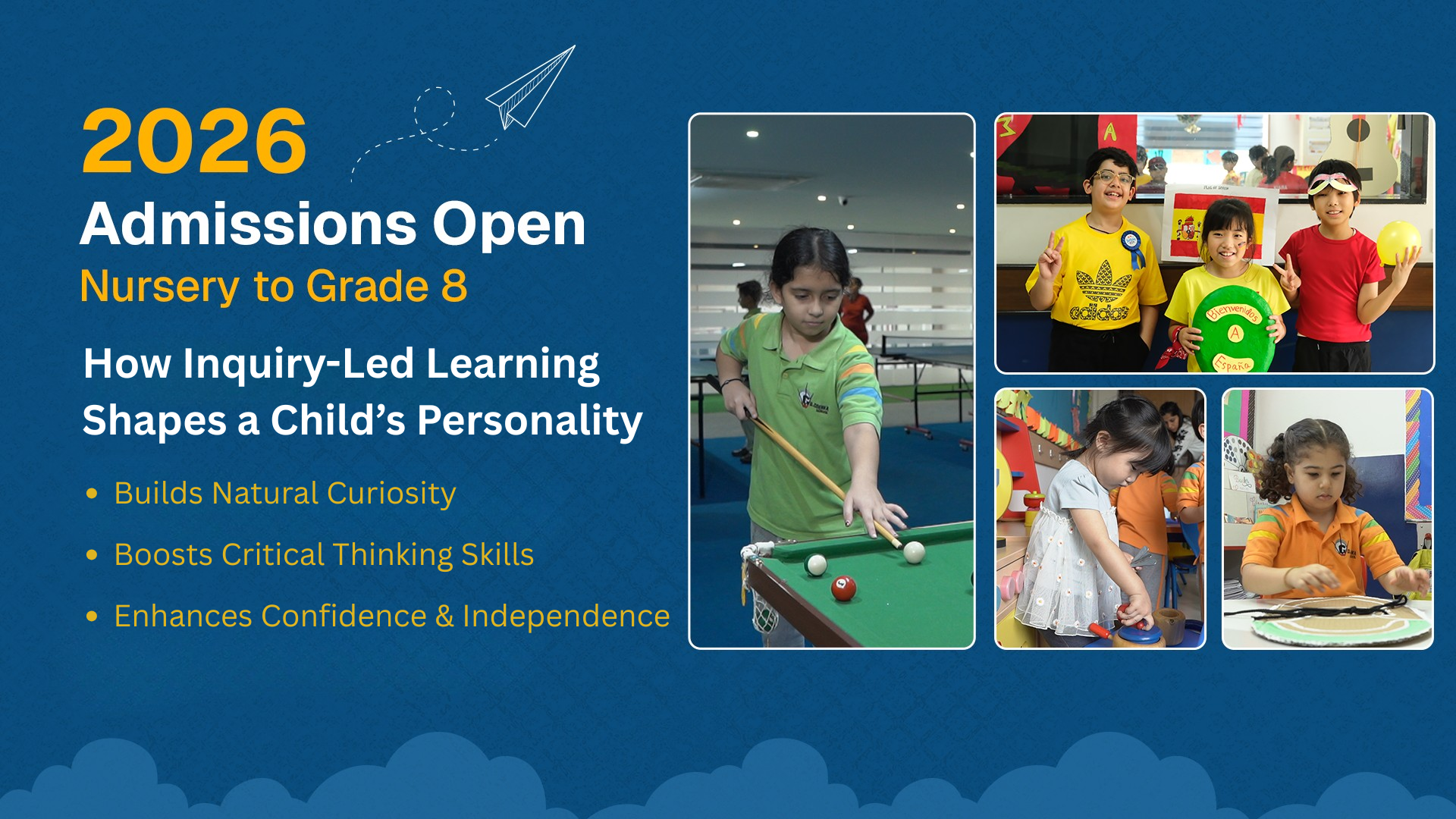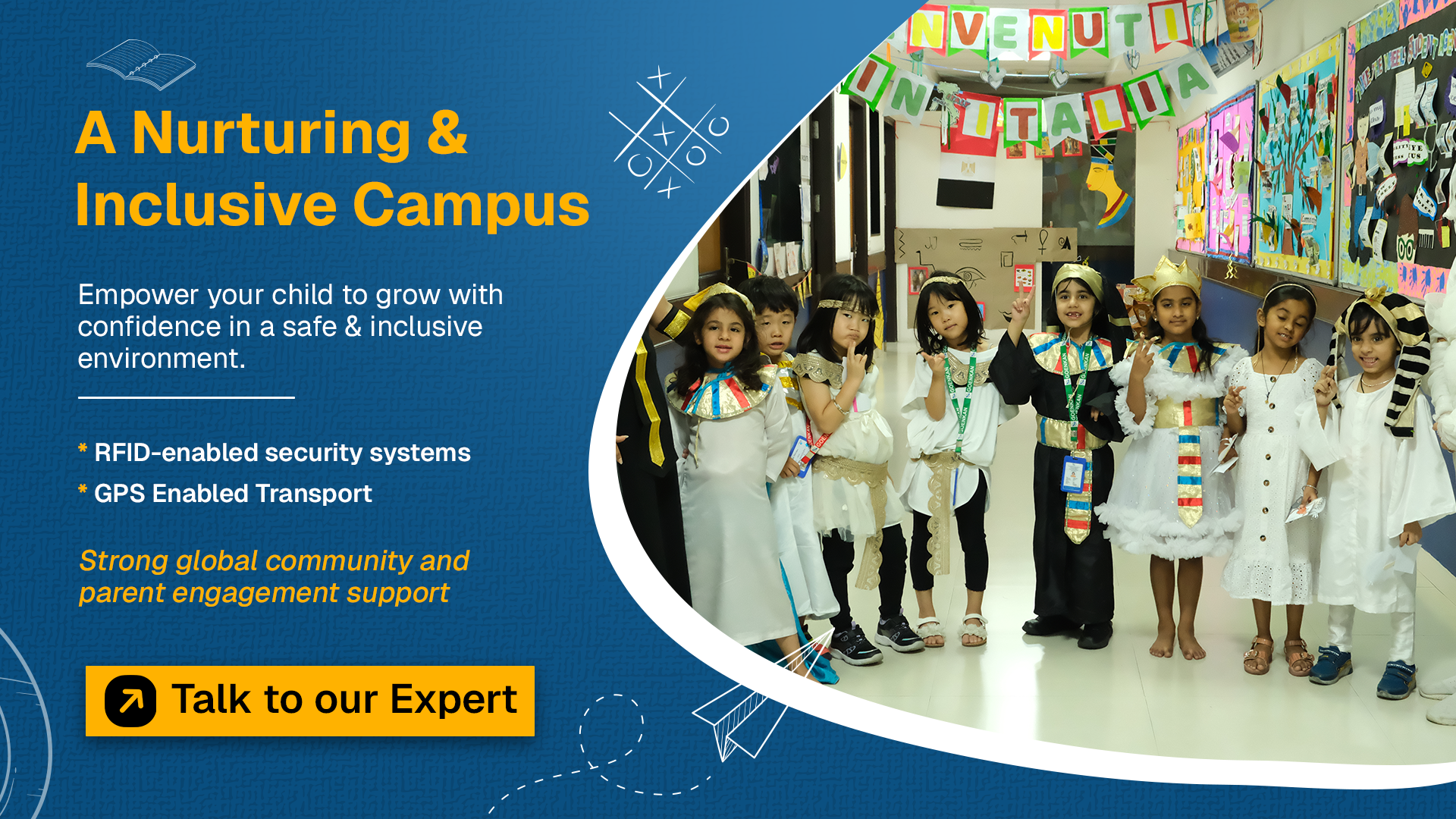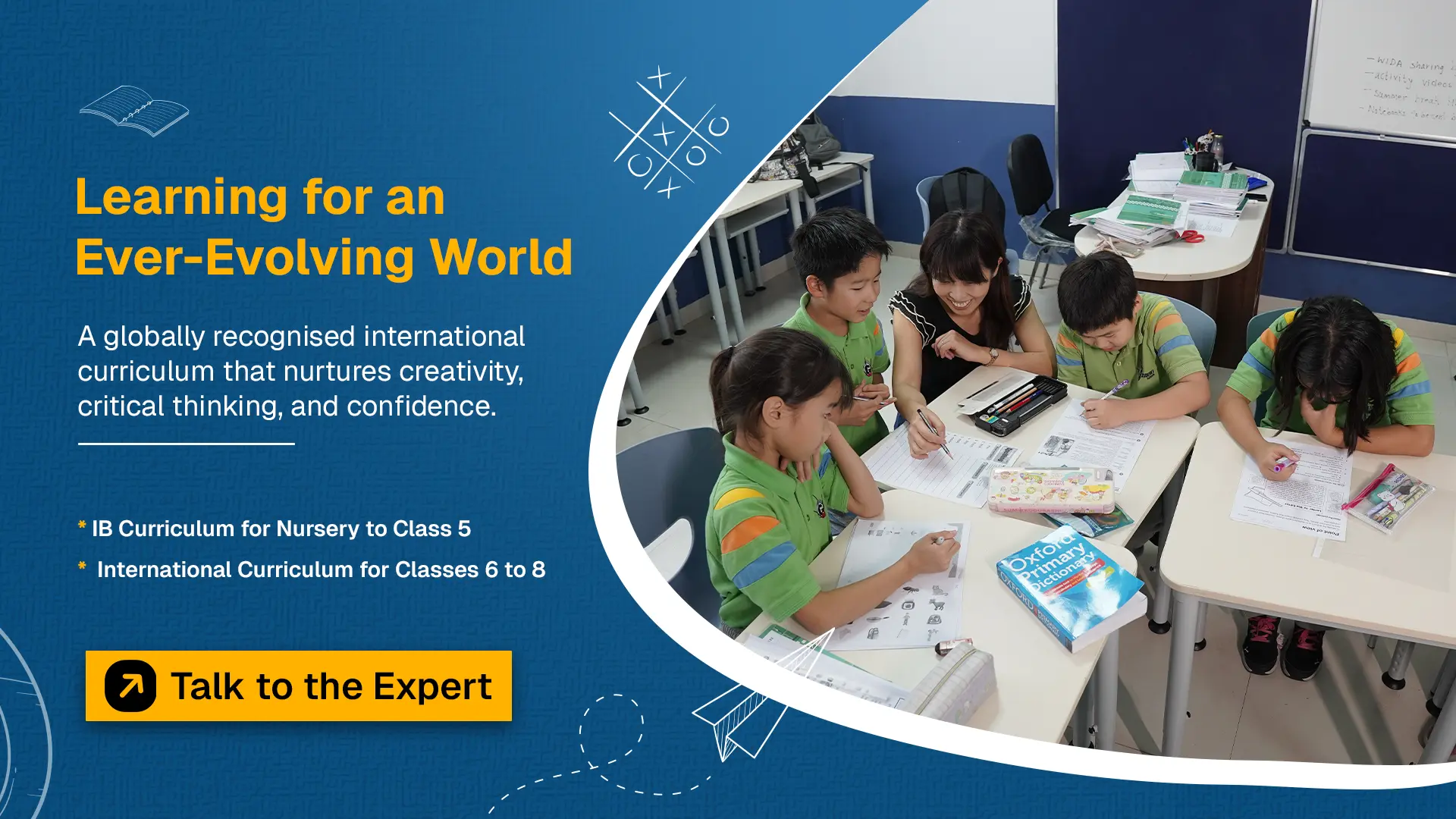CBSE VS IB School in Gurgaon?
The Indian education system offers two main board options for students studying at the high school level – the International Baccalaureate(IB) curriculum and the Central Board of Secondary Education (CBSE) curriculum. While both programs have their own advantages and disadvantages, there are some key differences between the two that parents should be aware of before making a decision for their child.
IB curriculum is a challenging, engaging and demanding set of courses that are internationally recognized. They offer a broad range of subjects, which gives students the opportunity to specialize in an area of their interest. The curriculum also develops critical thinking and research skills. It is more of a student-centric, holistic curriculum with a strong emphasis on critical thinking and global awareness. IB students learn to think independently and to examine issues from multiple perspectives. IB curriculum is rigorous and challenging, but it also allows students to explore their interests and develop a global perspective which is essential for success in an increasingly connected world.
CBSE on the other hand is a more traditional approach to education with a focus on rote learning. It offers fewer subjects and has less flexibility than IB. However, it is still a widely recognized curriculum.
It focuses on rote learning and memorization, rather than critical thinking and analysis. This can be a good or a bad thing, depending on your child’s learning style. If your child is a visual learner, they may find the CBSE curriculum more difficult.
In conclusion, it is clear that the IB curriculum has several advantages over the CBSE curriculum. The IB curriculum provides a more well-rounded education, focusing on international-mindedness and critical thinking. It also allows for more flexibility in terms of courses and encourages students to take the initiative in their learning. However, the CBSE curriculum is not without its merits; it is more structured and focused on rote learning, which can be beneficial for some students.
IB curriculum is a challenging, engaging and demanding set of courses that are internationally recognized. They offer a broad range of subjects, which gives students the opportunity to specialize in an area of their interest. The curriculum also develops critical thinking and research skills. It is more of a student-centric, holistic curriculum with a strong emphasis on critical thinking and global awareness. IB students learn to think independently and to examine issues from multiple perspectives. IB curriculum is rigorous and challenging, but it also allows students to explore their interests and develop a global perspective which is essential for success in an increasingly connected world.
CBSE on the other hand is a more traditional approach to education with a focus on rote learning. It offers fewer subjects and has less flexibility than IB. However, it is still a widely recognized curriculum.
It focuses on rote learning and memorization, rather than critical thinking and analysis. This can be a good or a bad thing, depending on your child’s learning style. If your child is a visual learner, they may find the CBSE curriculum more difficult.
In conclusion, it is clear that the IB curriculum has several advantages over the CBSE curriculum. The IB curriculum provides a more well-rounded education, focusing on international-mindedness and critical thinking. It also allows for more flexibility in terms of courses and encourages students to take the initiative in their learning. However, the CBSE curriculum is not without its merits; it is more structured and focused on rote learning, which can be beneficial for some students.
Admissions are Open for Best IB School in Gurgaon – apply now






